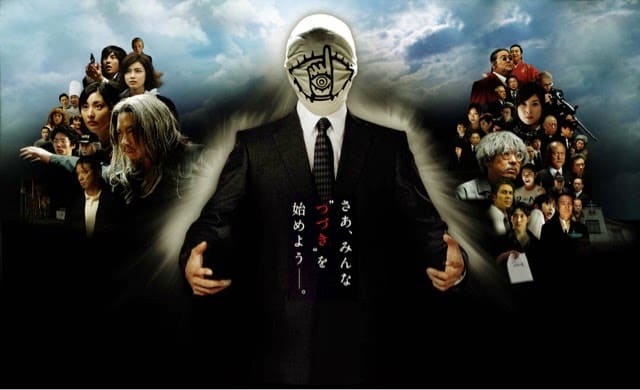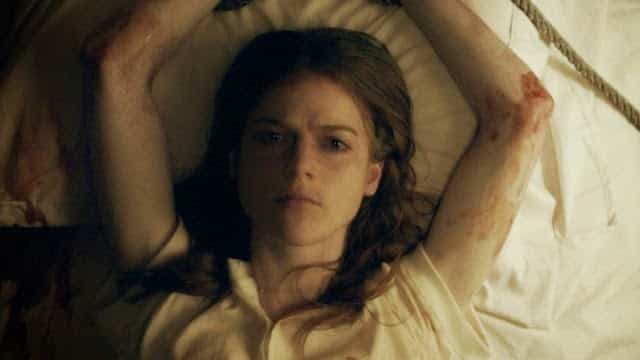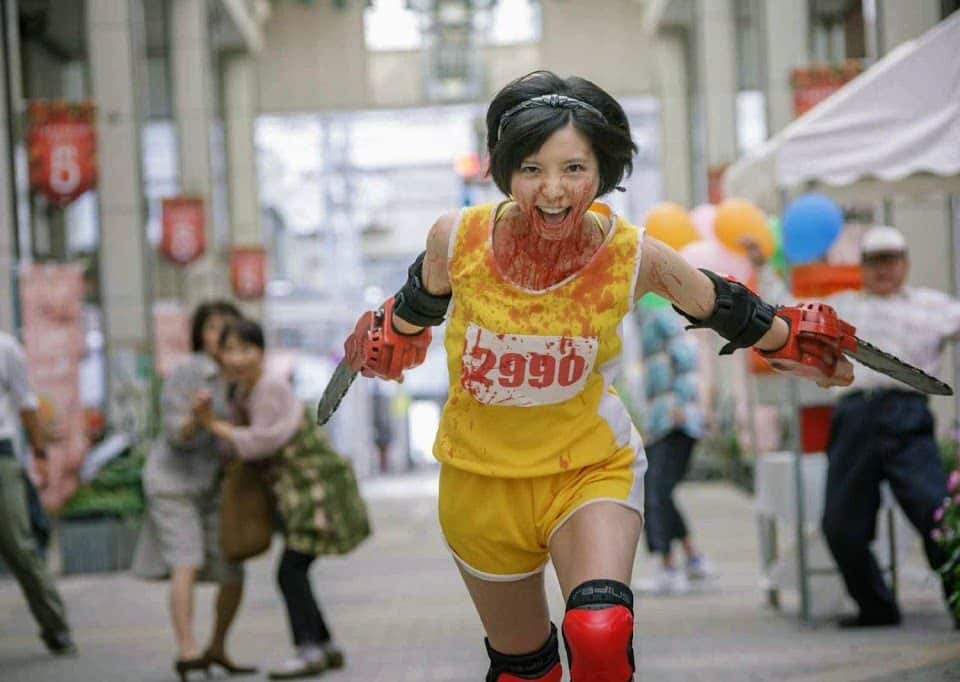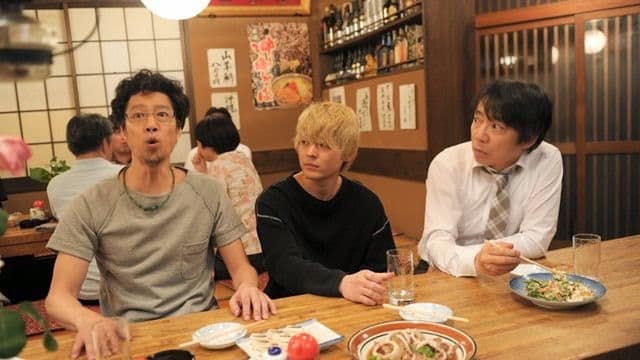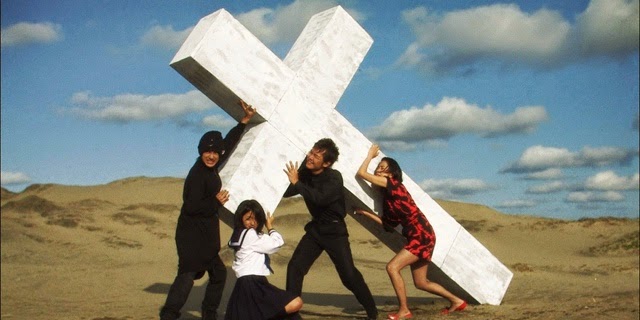
Love Exposure (Sion Sono, 2008)
April 20, 2010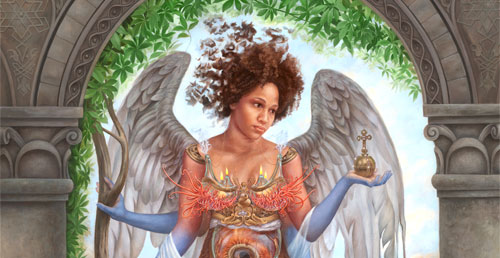
My Fantasia 2010: Preamble
November 24, 2010WHAT IT IS: Kenji, a failed musician turned convenience store clerk, notices about a terrible (but familiar) virus outbreak in Africa. When a popular doomsday cult surfaces branding the symbol Kenji conceived as a child with his friends, world events take on new meaning. Someone is using the Book of Prophesies Kenji wrote years ago as a blueprint for the annihilation of the human race. The end is near.
HOW IT IS: 20th Century Boys is a film brimming with Nipponese zeitgeist. From the doomsday cult angle (also explored in Love Exposure) to its reliance on an ensemble cast to move the action forward, there would be a lot of parallels to make between its heavy plot and the anxieties of contemporary Japanese society.
Based on the best-selling manga of the same name, running at almost seven hours in length, 20th Century Boys’ over-reliance on its plot is daunting at times; the story barely stops for character development. The plot itself is often absurd, its kitsch elements amplified by Tsutsumi’s mise-en-scène and the actors’ performances. Its theme song is catchy but doesn’t bother with any relevant lyrics, staying light and frivolous. The movie is always right up there, dangling at the precipice of ridicule but manages not to fall. All these facets taken individually would fail to generate any significant pull but masterfully combine in an uncommon mesh. It is a tribute to Tsutsumi’s skills as a director that all these elements usually lead to an instantly forgettable movie but his has a cumulative quality to it, garnering interest as it moves along.
The 20th Century Boys trilogy is an odd-looking monster, one that may not please everybody but is surprisingly likable.
More info on IMDB
- Black Panther: A Perspective - March 20, 2018
- Seven Pounds (Gabriele Muccino, 2008) - May 5, 2015
- Honeymoon (Leigh Janiak, 2014) - January 30, 2015
